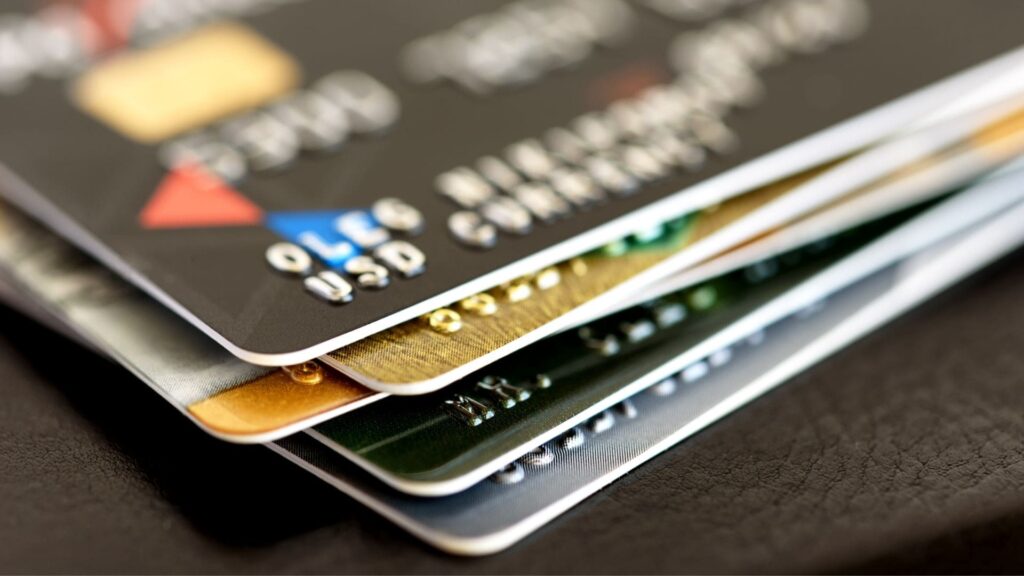VIP credit card programs promise a world of luxury, offering exclusive perks like airport lounge access, concierge services, and high-end travel benefits. However, the hefty annual fees attached to these cards raise an important question: do the advantages truly outweigh the costs? While some cardholders maximize rewards and enjoy premium privileges, others may find themselves paying for benefits they rarely use.
This deep dive into VIP credit cards explores their hidden costs, spending requirements, and real-world value, helping you determine whether these elite memberships are a smart investment or an unnecessary financial burden. Is the luxury really worth the price?
Understanding vip credit card programs

VIP credit cards are marketed as the ultimate financial tool for those who want access to luxury, convenience, and special privileges. Banks and credit issuers design these cards to attract high-spending customers, offering perks that range from priority services to cashback on elite spending categories. The annual fees for these cards can be steep, often running into hundreds—or even thousands—of dollars. But the question remains: do these perks translate into real value, or are they just an expensive illusion?
What do vip credit card programs offer?
At the heart of any VIP credit card program are the perks designed to enhance the user experience. While the specific benefits vary by issuer and card tier, most programs share a few common features.
Luxury travel benefits
One of the main attractions of VIP credit card programs is their travel perks. Cardholders often receive complimentary access to airport lounges worldwide, priority boarding, and even free upgrades on flights. Some premium cards also include travel insurance, lost luggage reimbursement, and hotel loyalty status. For frequent travelers, these benefits can be highly valuable, offering comfort and savings. However, if you don’t travel often, paying a high annual fee for perks you rarely use may not be worthwhile.
Exclusive concierge services
VIP credit card programs frequently include 24/7 concierge services that can assist with booking travel, making restaurant reservations, and even securing tickets to exclusive events. While this feature sounds appealing, its real-world usefulness depends on how often you take advantage of it. If you’re already adept at planning your own travel and entertainment, this perk may not provide significant added value.
Cashback and rewards programs
Higher-tier credit cards often offer superior rewards programs, with better cashback rates on select purchases. VIP cardholders may receive increased points for dining, travel, and luxury shopping. Some cards also provide access to exclusive experiences, such as private dining events, fashion shows, or VIP sporting events. The key to maximizing these rewards is understanding your spending habits—if the categories don’t align with your lifestyle, the rewards won’t offset the cost of the annual fee.
Hidden costs and limitations of vip programs
While the perks of VIP credit cards are appealing, there are often hidden costs and restrictions that cardholders must consider before committing to the annual fee.
High spending requirements
Many VIP programs require cardholders to spend a significant amount annually to access the full range of benefits. Some premium cards have tiered reward systems, meaning you only unlock the best perks after reaching specific spending thresholds. If you don’t meet these requirements, you might not receive the full advertised value of the card.
Additional fees
Beyond the annual fee, some VIP credit cards come with additional charges for certain services. Foreign transaction fees, cash advance fees, and balance transfer fees can quickly add up, reducing the overall value of the card. Even some “no foreign transaction fee” cards may have other hidden costs that affect international travelers.
Restrictive redemption policies
Rewards points and travel perks may seem valuable at first glance, but some programs have restrictive redemption policies. Blackout dates, limited availability, and complicated point conversion systems can make it challenging to maximize rewards. Additionally, some benefits—such as lounge access—may come with restrictions on the number of free visits or require an additional guest fee.
Who benefits the most from vip credit card programs?
Not all credit card users will find value in paying for a VIP program. Whether or not these cards are worth the annual fee depends largely on spending habits, lifestyle, and financial goals.
Frequent travelers and luxury seekers
For individuals who travel often and appreciate premium services, VIP credit card programs can provide tremendous value. The savings from airport lounge access, hotel upgrades, and complimentary travel insurance can easily offset the annual fee. Business travelers, in particular, often benefit from priority services that streamline their journeys.
High spenders maximizing rewards
If you regularly spend a substantial amount on your credit card, VIP programs with high cashback or point multipliers can help you earn significant rewards. Some premium cards offer up to 5x points on select categories, allowing heavy spenders to accumulate points quickly and redeem them for flights, hotel stays, or statement credits.
Those seeking status and convenience
For some cardholders, the prestige of carrying a VIP credit card is itself a major selling point. Whether it’s access to exclusive events, priority customer service, or personalized financial advice, these programs offer an added layer of convenience that can be valuable for those who want a seamless banking experience.
Is a vip credit card worth the annual fee?
The decision to invest in a VIP credit card should be based on a careful analysis of its perks, costs, and how they align with your lifestyle. Here are some key factors to consider before committing to a high-fee premium card:
- Calculate your actual benefits: Add up the dollar value of the perks you will use regularly and compare it to the annual fee. If the benefits outweigh the cost, the card might be worth it.
- Assess your spending habits: If you don’t travel often or spend in the bonus categories frequently, you may not maximize the card’s potential.
- Consider alternative options: Many mid-tier credit cards offer excellent benefits without the hefty annual fee. If you’re not using every premium perk, a lower-tier option may provide better value.
- Look for introductory offers: Some premium cards waive the first-year fee or offer generous sign-up bonuses. If you’re considering a VIP card, look for promotions that provide additional value in the first year.
Conclusion
VIP credit card programs can offer unparalleled benefits, from luxury travel perks to elite customer service, but their high annual fees make them a costly investment. For frequent travelers, high spenders, and those who value convenience, the perks may outweigh the costs. However, for casual users, the benefits may not justify the price.
Before signing up for an exclusive credit card, carefully evaluate whether its rewards, perks, and privileges genuinely complement your spending habits and lifestyle. A VIP credit card should provide real value, offering benefits that enhance your experiences rather than adding unnecessary financial strain.
